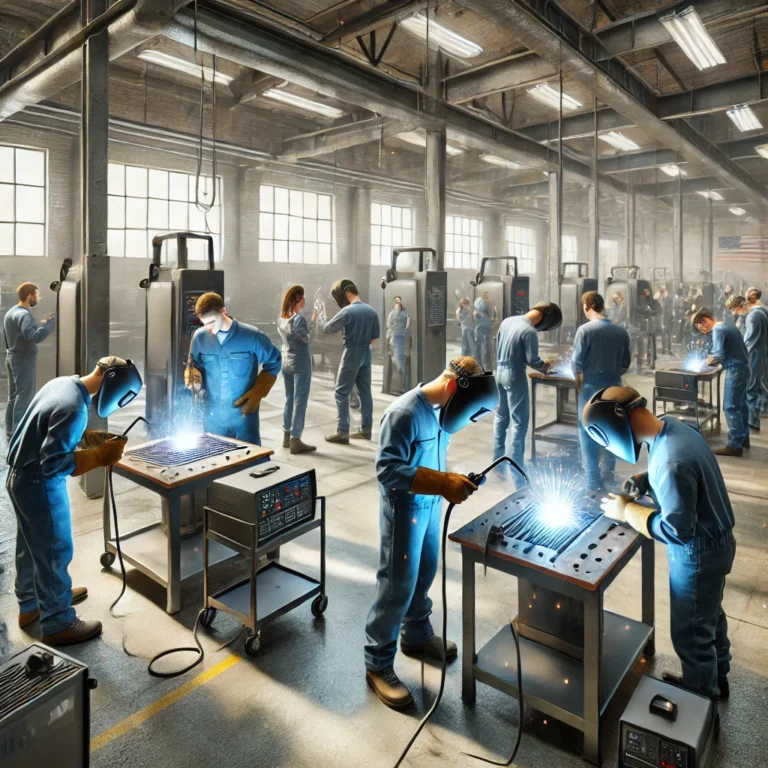How Much Does a Welder Make Per Hour: A Detailed Wage Breakdown

Disclosure: This post contains affiliate links. As an Amazon Associate, I earn from qualifying purchases—at no extra cost to you.
Welding is more than just sparks and steel—it’s a skilled trade that plays a critical role in industries ranging from construction to aerospace. For those considering welding as a career or already in the field, one of the most frequently asked questions is: how much does a welder make per hour? The answer depends on several variables, including location, experience, industry, and certification level.
Understanding Welder Pay Rates
Hourly wages for welders vary greatly depending on where they work and what type of welding they do. According to recent data, the average hourly pay for welders in the United States falls between $18 and $28 per hour. However, specialized welding positions, such as underwater welding or pipeline welding, can push that rate significantly higher.
Entry-level welders with little to no experience might start at the lower end, around $16 to $18 per hour. As they gain experience, complete certifications, and learn more complex techniques, their earning potential increases. Welders who specialize in high-demand skills, such as TIG welding on exotic metals or structural welding for critical infrastructure, may see wages exceed $35 per hour.
Factors That Affect Hourly Pay
Experience and Skill Level
Just like any trade, experience is a major factor in welding wages. A certified welder with five years of experience can command a significantly higher rate than a new apprentice. Advanced certifications from organizations like the American Welding Society (AWS) can also open the door to more lucrative jobs.
Industry and Application
Different industries pay differently. For example:
- Manufacturing and fabrication shops usually offer stable but moderate pay.
- Construction and structural steel welding often comes with higher hourly wages and union benefits.
- Oil and gas industry welders can earn top-tier pay, especially when working on offshore rigs or remote pipelines.
- Aerospace and defense contractors tend to pay more for precision welders who meet strict standards.
Location
Geographic region plays a significant role in hourly wages. Welders in states like Alaska, North Dakota, and California often earn more due to higher demand, cost of living, or the nature of the projects in those regions. Urban areas may also offer more opportunities for overtime and specialized work.
Job Type and Shift
Some welding jobs offer shift differentials, hazard pay, or overtime bonuses. Night shifts, weekend work, or high-risk tasks such as confined-space welding often come with higher hourly rates.
Is Welding Worth It Financially?
For many, welding offers a solid career path without requiring a four-year college degree. With hands-on training, certification, and dedication, a welder can go from apprentice to earning over $70,000 annually, especially when factoring in overtime. High-paying niches like underwater welding or industrial pipe welding can exceed six figures.
Welding also provides job security, especially in regions where infrastructure projects, energy development, or manufacturing remain strong. Self-starters even have the potential to run independent mobile welding services or fabrication businesses.
Conclusion
So, how much does a welder make per hour? While the average sits between $18 and $28, skilled professionals in high-demand industries can earn far more. Welding offers excellent earning potential for those willing to invest in their skills, take on challenging work, and pursue certifications. Whether you’re just starting or aiming for the top of the trade, welding can be both a rewarding and lucrative career.






